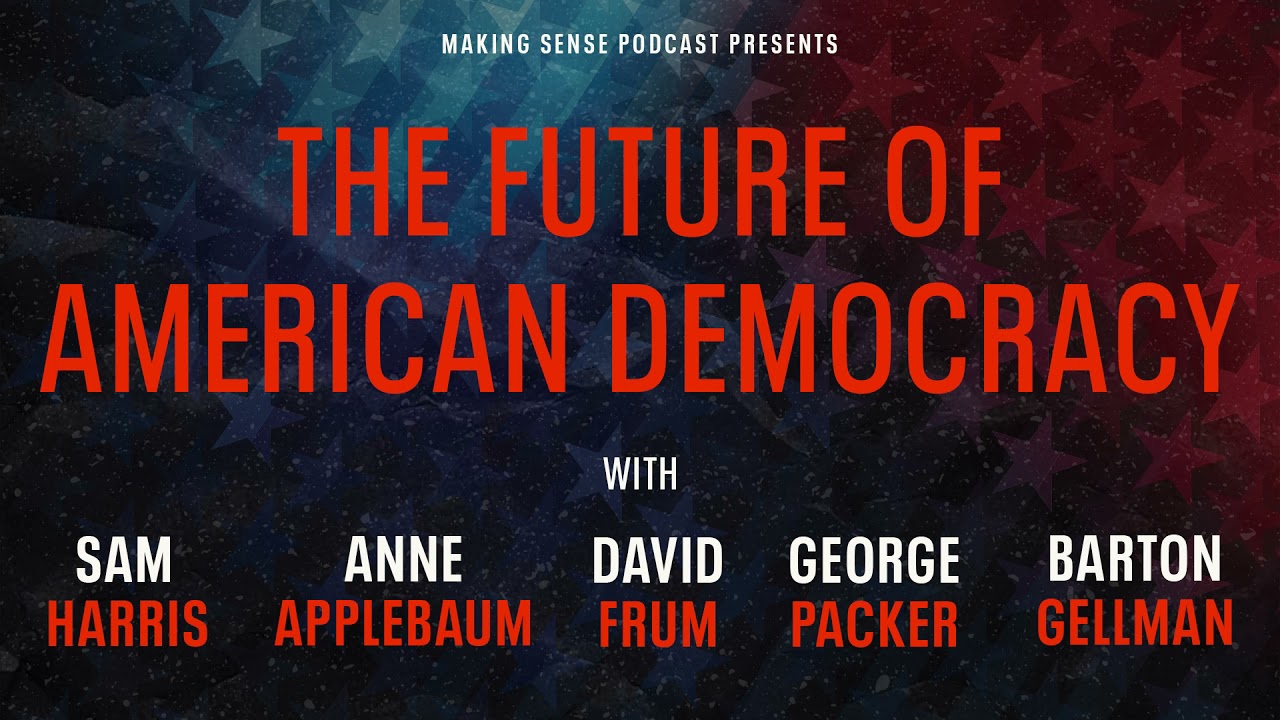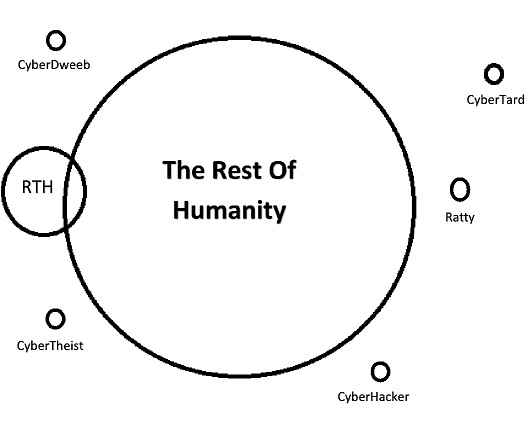The Internet Gods guided me to a YouTube recording of a Sam Harris podcast with several members of The Atlantic editorial group. The title of the discussion was, “The Future of American Democracy.” It took most of the two hours, but to my surprise supposedly, someone from the streaming audience texted the question that was quickly described by Mr. Harris as the “impossible question.”
How do we, as reasonable thinking humans, take the level of fear, anger, and tribalism, in our communities down to a level where people can reset, open their minds, use their brains, and critical thinking to make real decisions and have real mindful conversations?
- Unmentioned contributor to the Sam Harris podcast 274 - The Future of American Democracy
Qued to the presentation.
The impossible question is significant to me, because I conceptualized my scholarly research with a less eloquent question to myself in early 2001: why are things so out of whack? My follow-up detailing of the question was merely: with all of this modern technology that we have, and exercises in reasoning, why is there so much disagreement, and misunderstanding?
Upon analyzing this confluence of independent volition of a specific social ideal, I recall that Rodney King is remembered for the primary utterance of this ideal six years prior; “why can’t we all just get along?”
Mr. Harris is noted for publishing several books suggesting that the practicing of theist religions are not in alignment with that of modern education and subsequent reasoning. I agree, and I am very impressed by Mr. Harris’ presentation of information and critique of theist religions. His ability to quickly describe the question to be the “impossible question” leads me to suspect that he has probably contemplated this concept long before its presentation in the podcast.
Why must it remain impossible?
Why don’t we figure out how to organize the deliberation “to make real decisions and have real mindful conversations?”
If we can do that, wouldn’t it probably be beneficial to good government???
Is that not our modern sophisticated expectation for the legislative branch - to deliberate issues with “mindful conversations”?
That’s not what you want???

